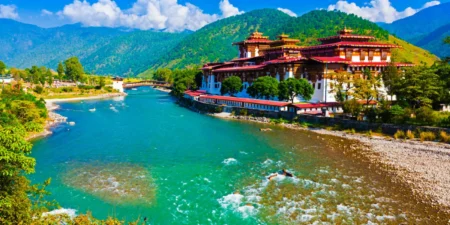The Mursi culture is an indigenous group located in the southwestern region of Ethiopia, close to the border of South Sudan. They are one of the most well-known tribes in Africa, renowned for their unique lip plates, elaborate scarification, and distinct cultural traditions.
The Mursi tribe is a semi-nomadic pastoralist group, who raise cattle and grow crops for their subsistence. Their villages are made up of small, thatched huts and are situated near the banks of the Omo River. The Mursi people are known for their warrior culture, and young men often participate in stick-fighting tournaments as a rite of passage into adulthood.
One of the most well-known aspects of the Mursi culture is the tradition of lip plates. Women of the Mursi tribe typically have their bottom lip pierced at a young age, and a small clay disk is inserted into the hole. Over time, the disk is gradually replaced with larger ones, and some women eventually wear plates that can measure up to 12 centimeters in diameter. The practice is believed to have originated as a way to deter slave traders, and later evolved into a symbol of beauty and status within the tribe.
Another notable aspect of the Mursi culture is their practice of scarification. Both men and women undergo intricate patterns of cuts and markings on their bodies, often as a way to signify important life events or personal achievements. Scarification is also used as a way to enhance physical beauty and to demonstrate one’s toughness and resilience.
The Mursi people also have unique gender roles within their society. Women are primarily responsible for domestic duties, such as cooking and childcare, while men are responsible for herding cattle and providing for their families. Marriage within the Mursi tribe is typically arranged by the families of the couple, and the groom is expected to provide a certain number of cattle to the bride’s family as a dowry.
The Mursi culture has faced numerous challenges in recent years, including the encroachment of outside forces on their land, and the negative impact of tourism on their traditional way of life. Many Mursi people have been forced to leave their ancestral lands due to government-led development projects, and some have had to adapt to new ways of life in urban areas.
Despite these challenges, the Mursi culture remains a proud and resilient people with a rich cultural heritage. They continue to maintain their unique traditions and way of life, even in the face of external pressures and modernization.






